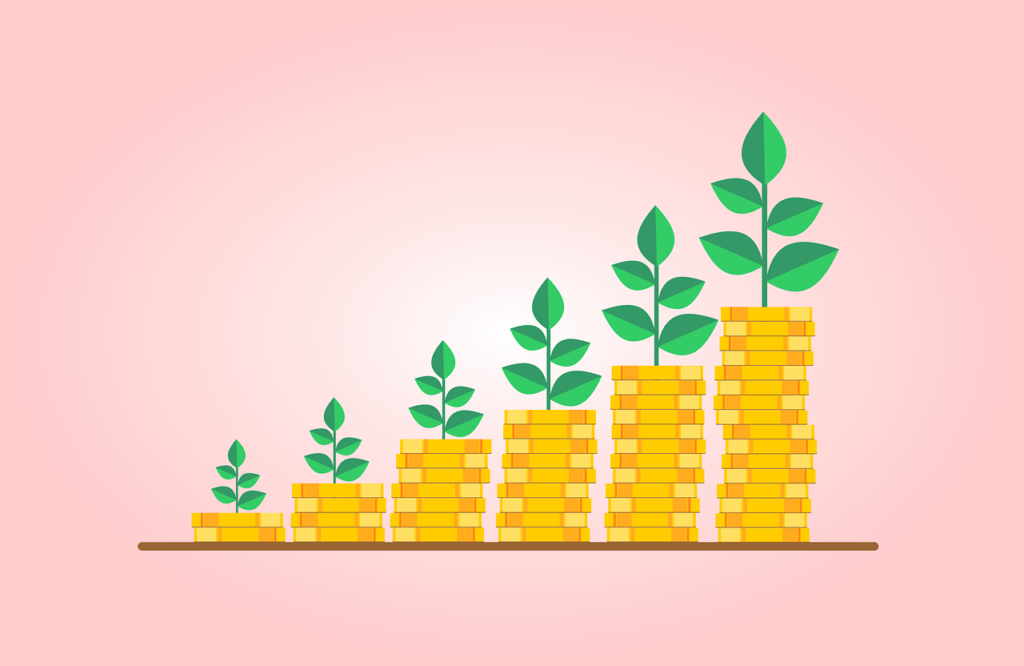equity – noun
eq·ui·ty | \ ˈe-kwə-tē \
The value of a mortgaged property after deduction of charges against it.
Merriam-Webster.com. https://www.merriam-webster.com
Equity is the difference between what your house is worth and what you owe on it. For example: a $400,000 house with a $250,000 mortgage, has about $150,000 in equity. This number increases over time, and can grow into a very sizable amount of money over the decades. Equity is one of the biggest advantages of homeownership over renting. Here are the most common ways to build equity:
Building Wealth Through Equity
Paying Off The Mortgage – This happens slowly over time as you pay off your house. But, you can accelerate the payoff by making extra payments on your mortgage. The downside of paying off your mortgage early is that between inflation and tax deductions, many people prefer to invest that extra money elsewhere for a greater return. This especially true if they have many years until retirement. On the flip side, having a debt free house is a nice goal for many people. It provides peace of mind, but it also saves you interest and reduces your risk of foreclosure a due to loss of income, etc.
Making Improvements – Owning a home means you’ll have to keep up with the maintenance. Maintenance doesn’t increase the value, but a lack of maintenance can certainly hurt your value. You can increase the value of your home by making improvements. If you’re handy, you can benefit from Sweat Equity, or making improvements yourself instead of hiring a professional. Be careful, though. Poorly-done improvements will hurt your value and could be unsafe. When in doubt, always hire a professional.
However, it’s also important to keep in mind that many times, improvements will cost more than the value they add to your house. Think of major improvements as a lifestyle choice rather than an good financial investment. Still, adding your dream kitchen to a house you intend to live in for another 5-10 years can be a win-win. You get the enjoyment of using your dream kitchen, and the potential buyers will appreciate the updates you’ve done when comparing your house to others that haven’t been updated.
Market Appreciation – due to inflation, physical assets like real estate have historically gone up in value over time. The cost of building materials, labor and land increase. There are obviously market cycles, with ups and downs, but the overall value of real estate generally goes up over most 5-10 year periods. A house located in an area with low crime, good schools and a strong, diverse economy can often double in value every 10-15 years. At the same time, a house located in an area with high crime, bad schools, and/or a lack of jobs may see no gains in value (or even a decrease in value).
Ways to Lose Equity
Cash-out Refinance – Refinancing your home to get a lower interest rates can often save you money. It’s important to consider any fees and whether or not you’re extending the length of the loan (starting over). One of the quickest ways to lose equity in your home is by doing a cash-out refinance. This means increasing your mortgage balance in order to get cash back, essentially removing your equity from the house. There are some instances when this makes sense, but taking equity out of your house to pay for vacations, vehicles, etc. can be huge mistake.
Reverse Mortgage – There are certain instances when a reverse mortgage is a good option. Many times, they’re expensive, destroy your equity and any future appreciation. I’ve seen instances where a reverse mortgage allowed someone to stay in their house much longer than they could afford it. They fell behind on maintenance, taxes and insurance and they were forced to move after depleting all of their equity. At that point, they had no equity, no home and not enough income to live on.
Lack of Maintenance – Keeping up with the maintenance on your home is key to protecting your equity. Generally, it’s cheaper to address maintenance issues before they become major repairs (i.e. fix a leaky roof before you’re dealing with interior damage, mold, etc.
Final Thoughts
Building equity is one of the biggest advantages of owning a home. 2022 Federal Reserve data shows homeowners have an average net worth of over $396k, versus renters who average a net worth of less than $11k (across all age groups). Much of these homeowners’ net worth is simply the equity in their houses. Equity is something that builds slowly at first, but will accumulate over time. Like planting a tree, the best time to get started was 30 years ago…the next best is today!
SEARCH HOMES FOR SALE
WHAT’S MY HOME WORTH?
Justin Rollheiser – REALTOR®
Keller Williams Realty | Diamond Partners Inc
13671 S Mur-Len Rd | Olathe, KS 66062
Direct 913-800-7653
Office 913-322-5878
Comments or Questions?
